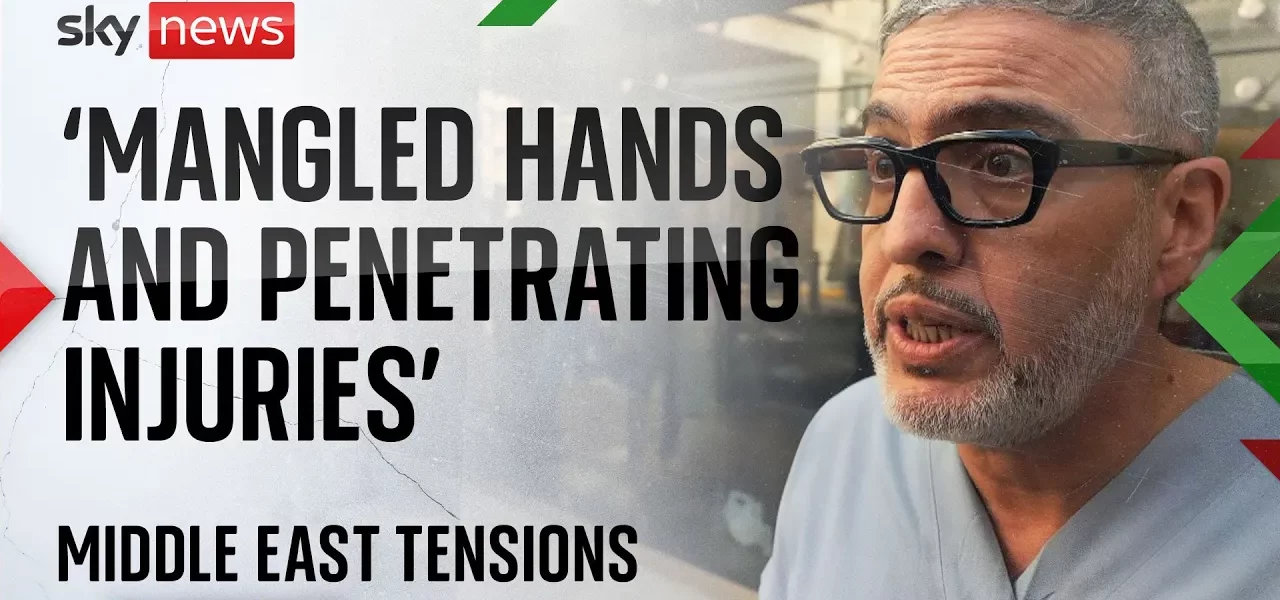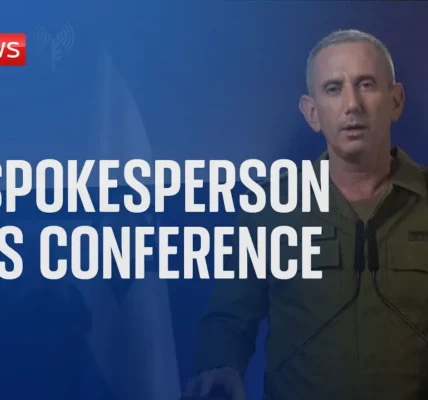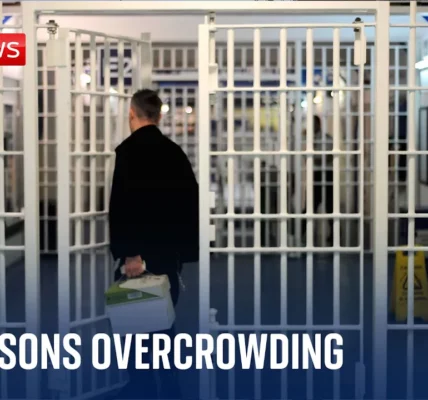The Medical Crisis in Lebanon: Insights from Dr. Hassan Abua

This article explores the critical medical situation in Lebanon, highlighting the experiences of Dr. Hassan Abua, a prominent surgeon, as he addresses the alarming casualty rates resulting from recent explosions. His insights paint a vivid picture of the challenges facing medical staff in a crisis environment.
Introduction
Lebanon is currently grappling with a significant health emergency following a series of devastating explosions that have resulted in thousands of injuries. Dr. Hassan Abua, a distinguished surgeon from Gaza and a faculty member at the University of Glasgow, has traveled to Lebanon to assist with the overwhelming casualty rates. This article delves into the nature of the injuries, the medical response, and the broader implications of this crisis on the healthcare system.
The Nature of Injuries
The explosions in Lebanon have caused a wide array of injuries, primarily affecting civilians. Dr. Abua reports that approximately 3,000 to 4,000 people have been injured, with the majority suffering from severe hand and facial injuries due to the nature of the explosive devices used. Below are some of the key types of injuries observed:
- Mangled hands resulting from blasts while handling electronic devices.
- Penetrating injuries to the eyes, often leading to complete loss of vision.
- Blast injuries affecting various body parts, resulting in significant trauma.
Demographics of the Affected Population
The casualties include individuals of all ages and genders. Dr. Abua emphasizes that both women and children have been affected, dispelling the notion that these attacks were solely targeted at specific groups. The attacks have been described as random, with injuries occurring in various settings, including:
- In cars, where the explosive devices were activated.
- In homes, catching families unawares.
- Public spaces, where individuals were simply going about their daily routines.
The Medical Response
The medical facilities in Lebanon are currently overwhelmed, with hospitals operating at full capacity. Dr. Abua describes the intense working conditions, where medical staff are performing between 50 to 60 surgeries per day. The need for immediate medical attention has strained resources, leading to:
- Patients being treated in hallways and emergency departments due to a lack of available beds.
- Medical staff working extended hours, often from morning until late at night.
- The necessity for triage systems to prioritize patients based on the severity of their injuries.
Long-Term Implications for Patients
Many of the injuries sustained are catastrophic and will result in permanent disabilities. Dr. Abua notes that:
- Hand injuries often require multiple surgeries over several years for reconstruction.
- Facial injuries will necessitate extensive reconstructive procedures.
- Victims of eye injuries face the grim reality of permanent loss of vision, with little hope for recovery.
The Emotional Toll on Medical Staff and Families
As the crisis unfolds, the emotional strain on both medical professionals and the families of victims is palpable. Dr. Abua shares insights on the atmosphere within hospitals, where the reality of permanent disabilities begins to affect families deeply. Medical staff are also feeling the weight of the situation:
- Many staff members are exhausted, both physically and emotionally, from the relentless pace of surgeries.
- Healthcare workers are grappling with the trauma of witnessing severe injuries and the impact on their patients’ lives.
Safety Concerns for Medical Professionals
Dr. Abua expresses concerns about his safety and the perception of medical staff in conflict zones. The demonization of healthcare providers has become a troubling trend, as they are often viewed through a political lens rather than as neutral caregivers. He states:
“Every wounded individual deserves medical care, and it is essential to separate medical treatment from political affiliations.” This sentiment underscores the critical role that medical professionals play, often in perilous conditions, to provide care regardless of the complexities of the surrounding conflict.
Conclusion
The medical crisis in Lebanon is a stark reminder of the human cost of conflict. Dr. Hassan Abua’s firsthand accounts illuminate the challenges faced by medical professionals and the dire circumstances of the victims. As the healthcare system works tirelessly to address this emergency, it is vital to support medical personnel and advocate for the protection of healthcare in conflict zones. In times of crisis, the call for compassion and humanity must prevail. For more information on how you can help, consider supporting organizations that provide medical aid in conflict areas.
“`




